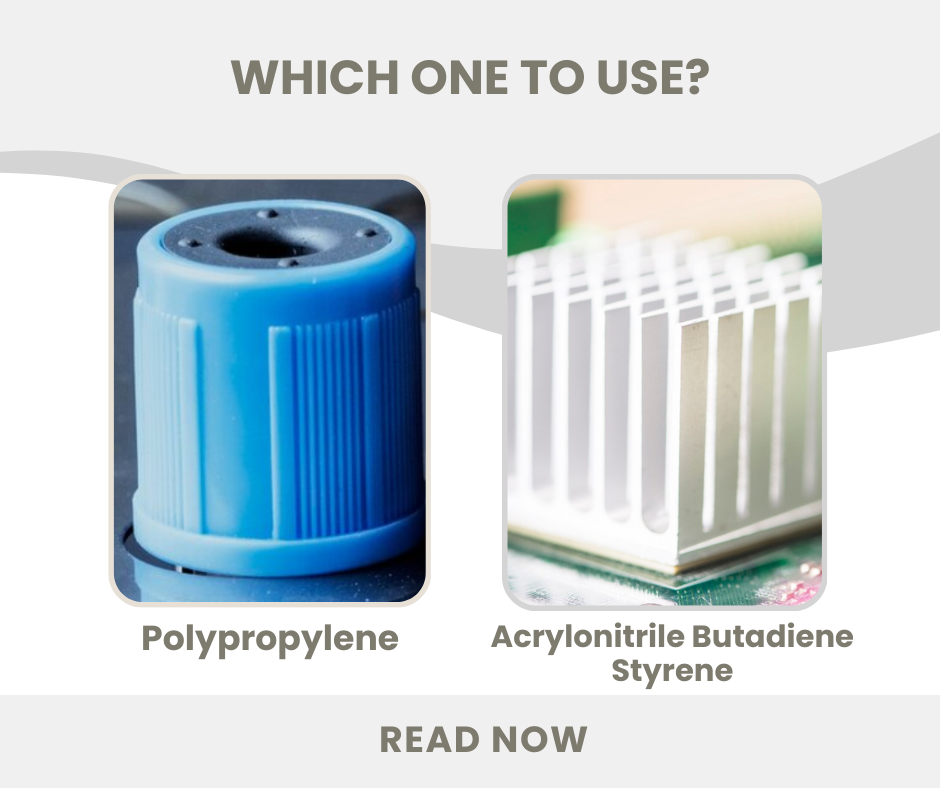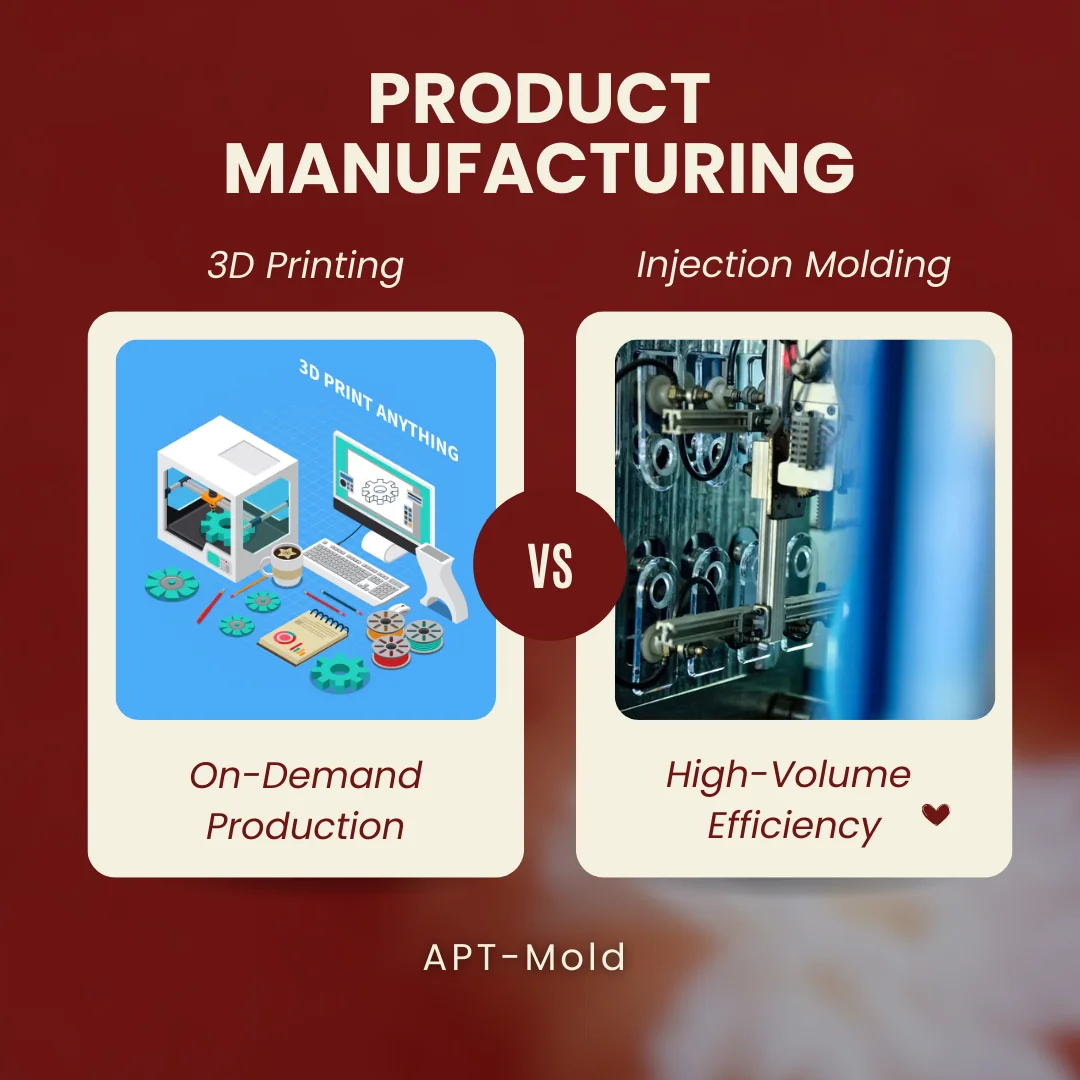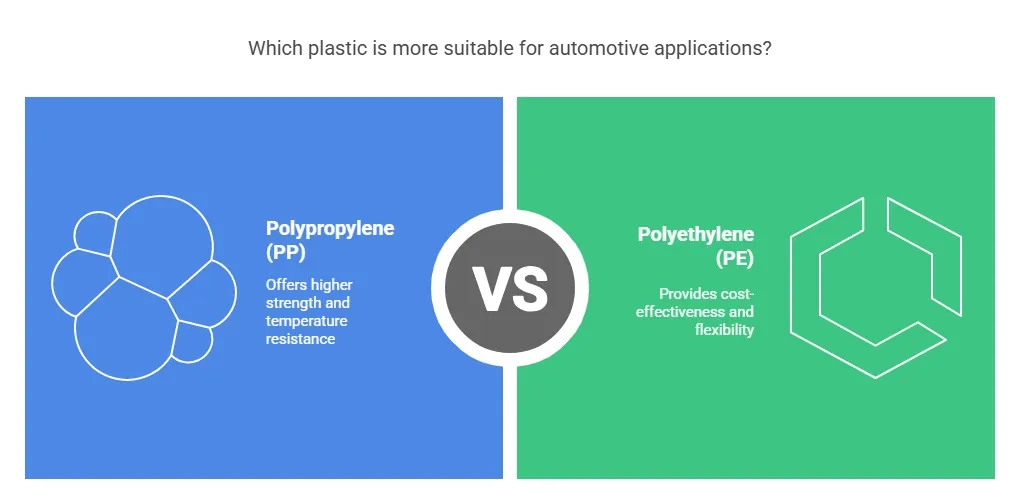Every plastic injection molding company wants to be successful, but not everyone has the right idea about how to do things to secure their place in the market. To grab your well-deserved piece of the pie, you need to get a hold on everything related to quality management on your niche of work. When it comes to plastic injection molding projects, everything begins with quality design. Every single manufacturing company that creates parts for machinery or products to be sold on mass release markets, no matter their location have to comply with a series of international rules to be able to do business.
Before investing in the latest computer design software capable of drafting over-detailed designs on plastic components, you have to make sure that your company follows the standards for quality management and quality design of the industry. The first rulebook and the hardest one to follow is the certification known as ISO 9001:2015. The next one is the national standard of your location related to mechanical engineering. If you are wondering where do these rules come from, and what they mean for your project or overall business, take a set, we are about to clear that for you:
Table of Contents
Toggle· International Standards – ISO 9001
ISO is the initials for “International Organization for Standardization.” As an association, they came to be in 1947 in Switzerland. They currently have 163 members, each one representing a country. ISO is a self-sustainable non-governmental organization. The acronym ISO is used universally in every language. The regulations in place for quality management systems on the plastic manufacturers’ industry have to comply with ISO 9001:2015.
· National Standards
If you are based in America, you will be asked to follow the regulations of the American National Standards Institute (ANSI) since they are the representatives of the United States on the ISO. If your company is based in China, you will be asked to comply with the regulations of the Chinese National Standards (CNS.) ANSI started their functions back in 1916, CNS worked alongside ISO until 1950 when a national crisis prevented them from paying the fees to remain ISO associates. The organization, however, still follows ISO normative to regulate the businesses under their wing.
· National Mechanical Engineering Standards
This American organization also has a Chinese as well. The ASME in America is the one tasked with the establishment of quality standards for American mechanized engineering. In China, the Department of Standards and Specifications (DSS) is the one to determine the standards for engineering as well as the specialized language to communicate design requirements. Both of these offices are tasked with keeping updated every mechanized standard to reflect the ongoing evolution of technology and to comply with modern needs.
· GD and T
The final term of this brief glossary is GD and T (GD&T.) It’s an acronym used to refer to the geometric dimensions and the tolerance that most products should have. Since the engineering department has to deal with clients directly, they have to establish the geometric dimensions for the products they will create. They also have to crack the numbers of the tolerance of their products, which is just an analysis to have a good idea on the specifications needed for tolerable deviations that might happen because of geometrics.
The Rules to Top Quality Management
Now that we have a pretty clear idea of the legalities that regulate the manufacturing business, you have to do your part to make every single component you create the best of the best. Training the people working for you is just part of the equation. Keeping proper levels of quality and refine your manufacturing procedures is the thing that will take work and a lot of trial and error. Not everything has to do with training and preparation; you also need people willing to work by following the rules. You can try your best to implement the following policies:
- Make sure that your workers know that improving their quality of work is something that they should strive to with each complete assignment. By establishing a culture that rewards quality improvements on each new task, you will make sure that your employees keep quality management front and center, and they will feel committed to quality.
- Make sure your workers have updated knowledge of the tech used in the manufacturing industry at every single turn you have. Most of the best quality management stars with a good training initiative. Workers need to know the significance of quality management since they begin their tenure at your company. They should adhere to these standards and welcome the introduction of more knowledge when you offer it.
- Make you have in place a quality inspection program to make sure that all the manufacturing process is evaluated to ensuring the accuracy of the finished product in accordance with the original design. This is also the manufacturer’s chance to look for design flaws before shipment.
- Do your best to schedule internal audits to assess the supply chain as well as the adherence to regulatory standards. These also improve customer satisfaction, and they help to manufacture operations to be ready to deal with safety or compliance evaluations by third parties.







